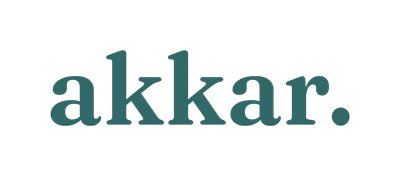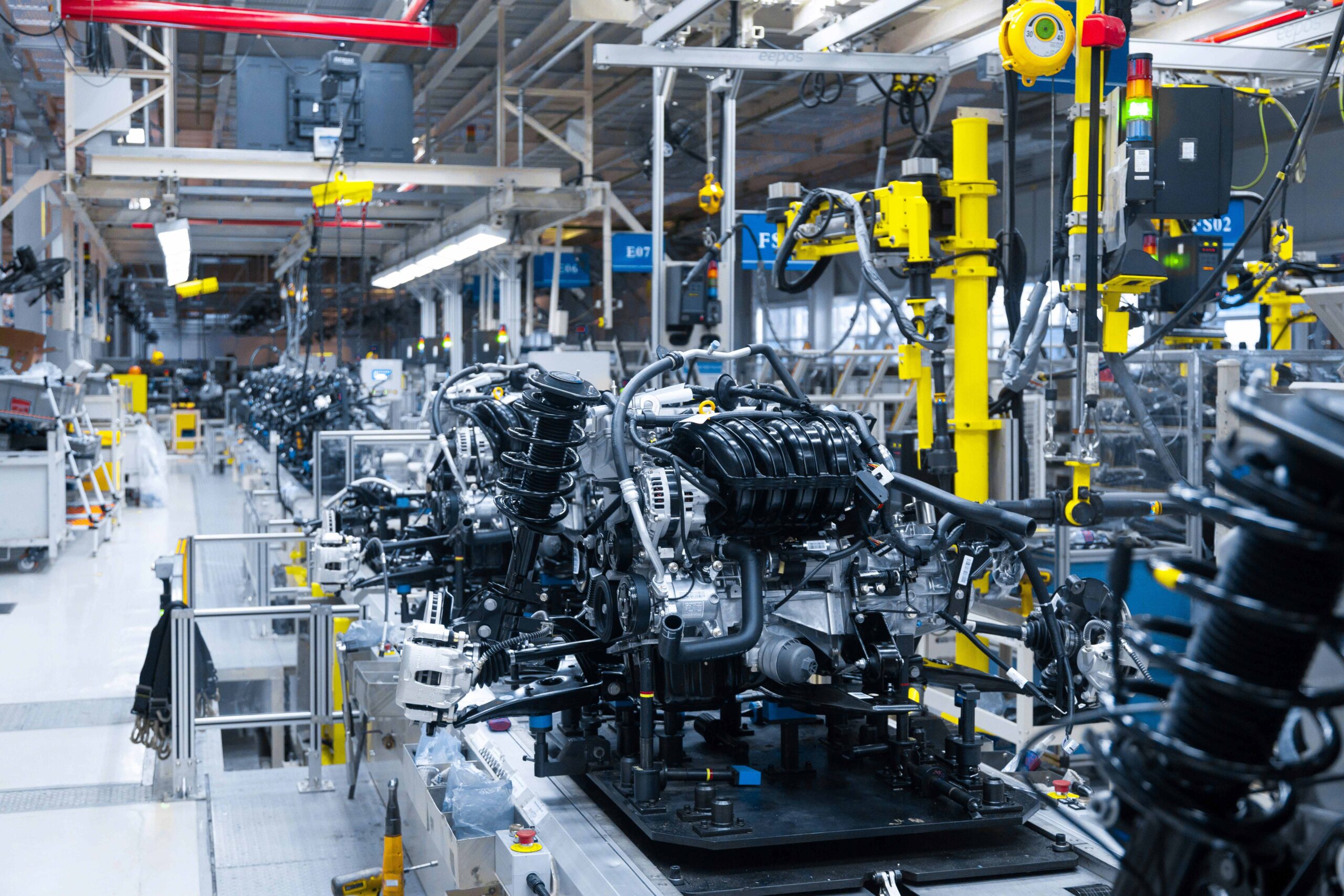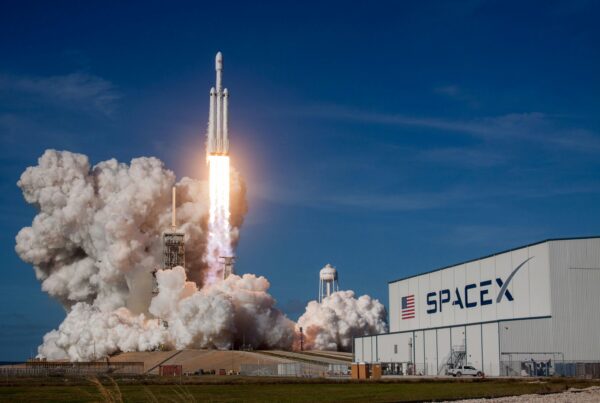How Tariffs Are Impacting the Automotive Industry and What It Means for Quality Engineering
Over the past year, I’ve been speaking with a lot of quality professionals about how tariffs are changing the automotive industry. Most of the time when tariffs are in the news, the focus is on politics or economics. Right now, the reality is they have a very real, very practical impact all areas of the automotive industry, especially quality engineering.
Here’s what I’m hearing:
New suppliers bring new challenges
When tariffs make certain components or materials more expensive, manufacturers often look for new suppliers in different regions. That might keep costs down, but it can also mean working with suppliers who operate under different quality standards or who aren’t yet familiar with a customer’s expectations.
For quality engineers, this can mean more audits, extra time spent on training, and a closer eye on incoming inspections to make sure nothing slips through the cracks.
Material changes mean more validation work
If tariffs increase the cost of materials like steel, aluminium or electronics, suppliers might look for alternatives. Sometimes those alternatives work perfectly well, but other times they need to be tested and validated all over again.
That’s where quality teams step in. They need to confirm the new material is compatible with existing processes, still meets safety and durability requirements, and behaves as expected under different conditions.
Budgets are under more pressure
Tariffs can put pressure on profit margins all the way down the supply chain. In practice, that can mean delayed equipment upgrades, fewer site visits to suppliers, and leaner quality teams trying to cover more work.
This can make it harder to maintain the same high standards while also meeting financial targets, which is a constant balancing act.
The skills that stand out right now
From my perspective as a recruiter, there’s growing demand for quality professionals who can navigate supplier issues across multiple countries, understand international compliance, adapt quickly when materials or suppliers change, and build strong relationships with people from different backgrounds.
It’s no longer just about knowing processes. The most in-demand professionals can combine technical knowledge with adaptability, problem-solving, and great communication skills.
Tariffs might feel like a distant policy issue, but for quality engineers they affect the work happening every single day. They change who you work with, the materials you use, the processes you follow, and sometimes even the resources you have to do your job.
If you work in the automotive industry, how have tariffs affected your work recently?
Need help finding quality engineering talent who can adapt to supply chain changes, navigate global supplier relationships, and keep your projects moving despite external pressures. Email me directly at d.jewell@akkar.com and I’ll help you connect with the right talent for your needs.









